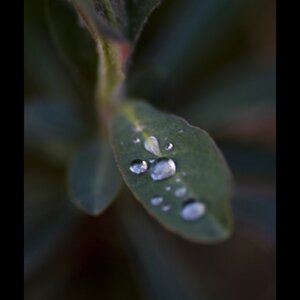Garbz
No longer a newbie, moving up!
- Joined
- Oct 26, 2003
- Messages
- 9,713
- Reaction score
- 203
- Location
- Brisbane, Australia
- Website
- www.auer.garbz.com
- Can others edit my Photos
- Photos NOT OK to edit
I would not define an iPhone as a camera despite its photographic capability. I was referring to roughly similar format digital cameras.
Forget I said iPhone my point is resolving power of the sensor does not define image quality, resolving power of the system does. That relationship holds between the extremes as well as some very similar format cameras. The 6 megapixel Nikon D70 will produce equally resolving images to a 10 megapixel Nikon D200 when using a Sigma 10-20mm. In fact if you zoom to 100% some people not quite clued into the physics of it all would probably say the 6 megapixel camera looks sharper.
If you take any element of the photographic system in isolation then you have lost. The glass matters, the sensor resolution matters, and the sensor size matters too.
What is important is that you know the limits of each part so you can build the system. If you have no L glass then the higher resolution should not be the deciding factor in stepping from a Canon 20D to a 7D. If you have nothing but L glass and you're still on a 20D then the next logical investment would probably be a camera with higher resolution.
Sounds like we need a new thread: Canon or iPhone?We could do 25 pages and 5,000 views in probably a week or so.
Just because you can doesn't mean you should, but one thing is certain this photographer has been whoring the news lately with his silly little stunt (great advertising for him) and he's making apple fanboys' heads collectively explode.
http://fstoppers.com/iphone/


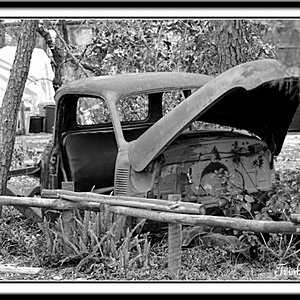

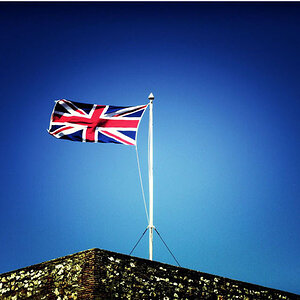

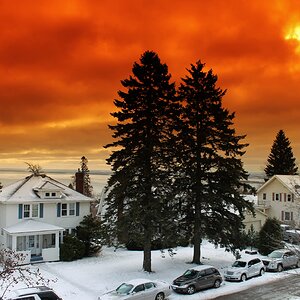
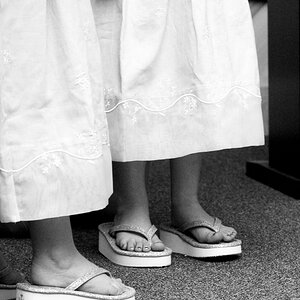
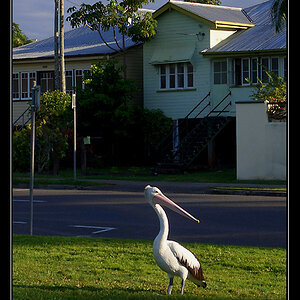

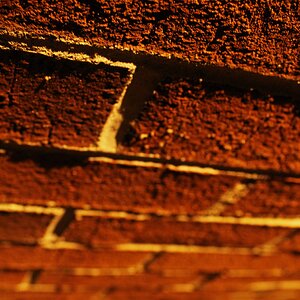
![[No title]](/data/xfmg/thumbnail/32/32930-09414fc020c2a60a456ff59a05c5ef8f.jpg?1619735759)

